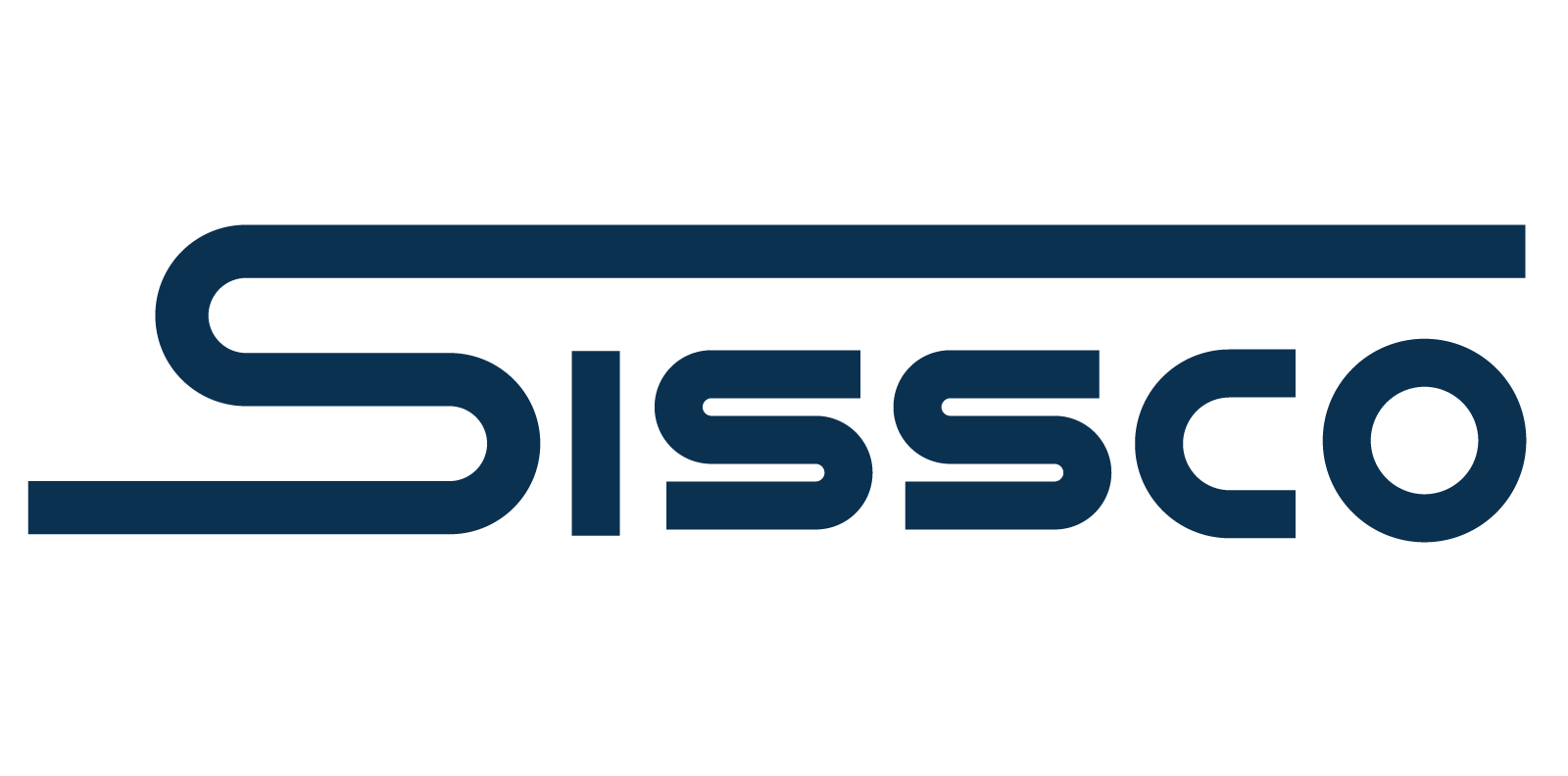An overhead crane is a massive and complicated piece of machinery that requires the utmost safety and diligence during rigging. When loads are improperly rigged before crane operation, accidents are more likely to occur. This poses a threat to the safety of your crane operators and could put you in a situation that requires overhead crane repair in NJ. The best way to avoid a rigging-related accident is by understanding the most common rigging issues that face a crane operator.
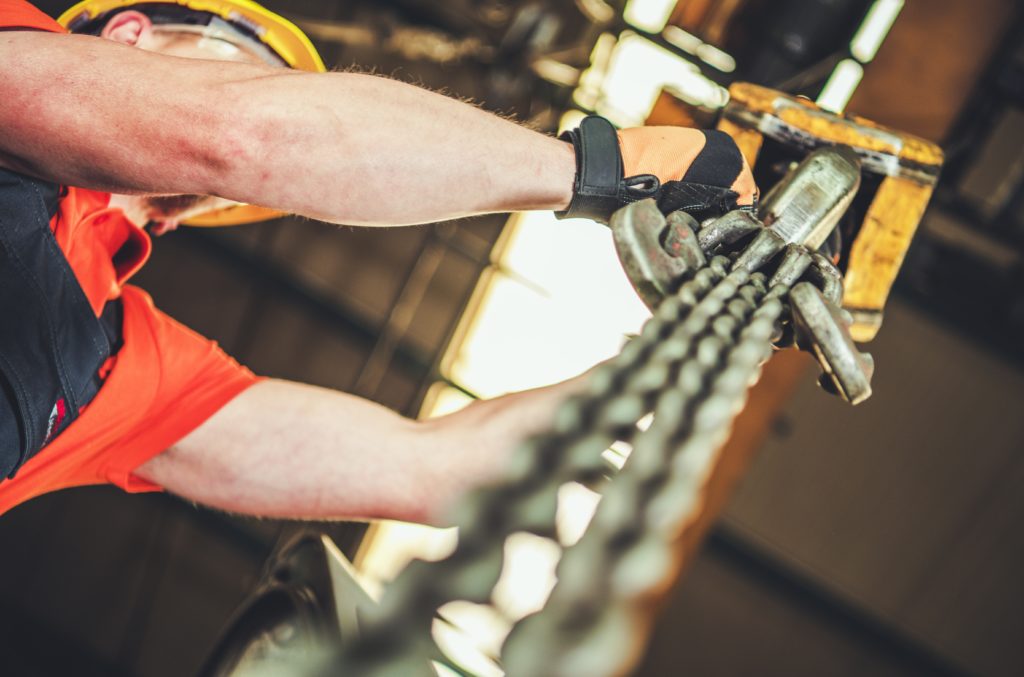
Unknown Load Weight
Since the weight of a load is such an important consideration, one might think that all products being lifted would be marked with their exact weight. Unfortunately, that is not always the case. It is the rigger’s job to calculate the weight of the load correctly. To determine the load, refer to the shipping documents, the bill of landing, engineered prints, design plans, manufacturer’s specifications, and catalog data. If the information is unavailable in any of these formats, an industrial scale dynamometer or load cell should be used to weigh the object.
Failing to Inspect Gear Properly
The importance of properly and regularly inspecting your equipment can not be stressed enough. Any defects, deformities, or damage on the crane or rigging equipment can result in even more damage. Schedule routine, comprehensive inspections for your equipment and find a skilled company for overhead crane repair in NJ if any damage is uncovered. You must also carry out daily inspections before conducting crane operations
It’s important to note that even a skilled rigger may have gaps in knowledge on what to look for during daily inspections. Make sure your riggers are trained to the highest industry standards and provide on-site references like charts and signs that remind them what to look for.
Unknown Sling & Hardware Capacity
Most slings and related rigging hardware are clearly labeled with their weight capacity. When they aren’t labeled, they should not be used. The American Society of Mechanical Engineers highly recommends any rigging equipment with no or illegible labeling must be taken out of service. However, there are exceptions in the case of equipment like master links and eye bolts. These typically do not have the capacity on a label and operators must refer to their manufacturer’s chart to determine the weight limit.
Using the Wrong Equipment
You may also use equipment that has the correct capacity but is the improper equipment for the job. By using the wrong device, sling, or hitch during operation, you could end up in need of overhead crane repair in NJ. It’s also imperative to use the correct sling protection during operation. Lifting slings must have a protective covering for when they come into contact with sharp corners and edges. Using edge guards, sleeves, and magnetic protection will shield your equipment and keep you operational. Through proper training, riggers are able to determine the right equipment and protection for the job.
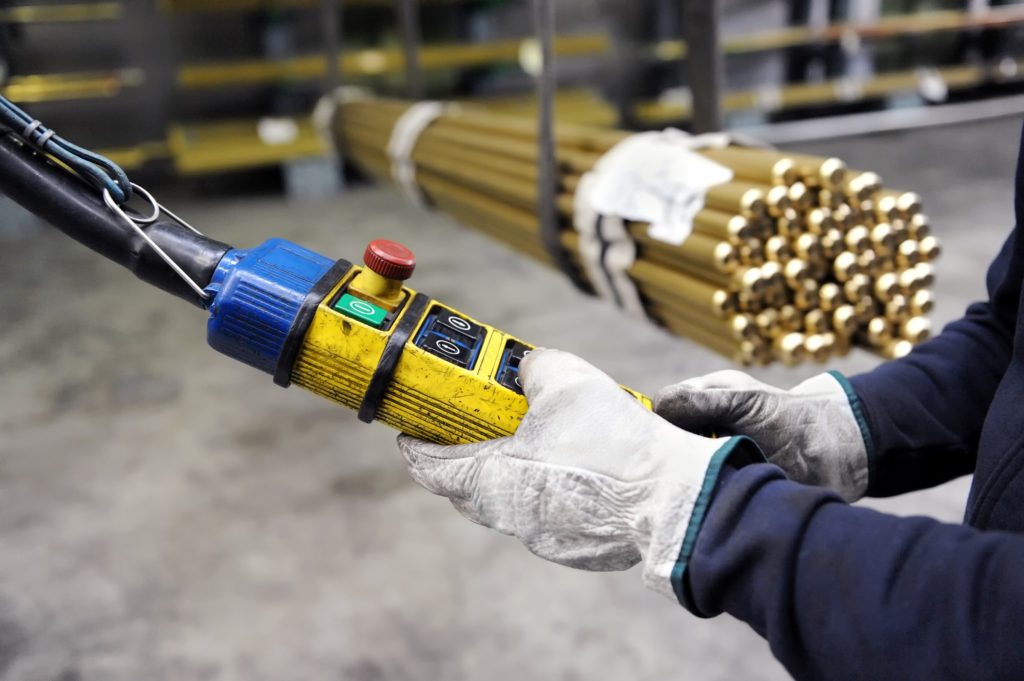
Expert Overhead Crane Repair in NJ
If you are planning on purchasing a crane or finding an experienced company for overhead crane repair in NJ, look no further than SISSCO Material Handling Equipment. For over 45 years we’ve made the manufacturing and maintenance processes more efficient, cost-effective, and safe.
Need repair or maintenance service? We tailor our crane & hoist service to your specific needs, providing you with highly trained technicians, mechanics, and electricians to ensure your equipment is running optimally at all times.
As a master parts distributor for all major manufacturers, we offer efficient customer service and same day service on our parts. We will help you identify the parts you need and work with you to minimize your downtime. We offer the best service in the business, don’t settle for less! Contact us today.

